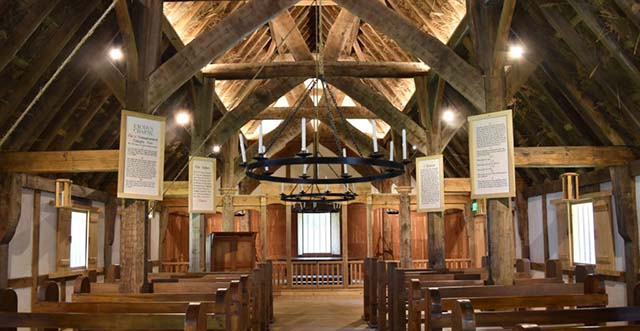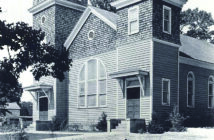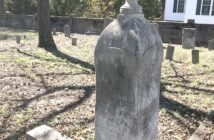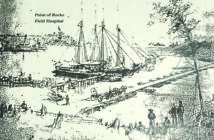Since we have been isolated the past few weeks, social interaction has been almost non-existent. Skype and other programs have been used for church services, giving a sense of community to those attending from afar. Can you imagine what living as a Christian in Colonial times must have like if you didn’t attend? No excuses.
The people in Chesterfield at that time were still loyal to the Church of England. There were rumblings of a new church further up the Appomattox, but the settlers at Bermuda Hundred still attended the church at Bristol Parish, and those further up the James River, near Falling Creek attended church in Varina.
Varina was the county seat in Henrico following the 1622 massacre, when local Native Americans swept down the James River, killing every settler they could find.
Church-going attendance was compulsory, and the absence from weekly services came with a harsh penalty: “confinement, for one night and one week’s slavery to the colony.” If a settler continued to offend church elders, upped it to a month and the third offense for a year and a day.
During the early Colonial period, church services, much like today, were daytime events that sometimes lasted all day. There were no lights except candles, which could cause fire. Some churches didn’t have fireplaces, and the winter Virginia nights could get cold, making gathering a bit of a penance for the settlers.
According to Francis Lutz in “Chesterfield, An Old Virginia County,” “Louis Michael, a Swiss traveler who visited Chesterfield, wrote that going to church in some places means a trip of more than 30 miles, but it’s not too great a hardship because the people are well mounted here, and their horses, which are hardly used for anything else but riding, seem if they are half deer – they always run at a fast gallop.”




